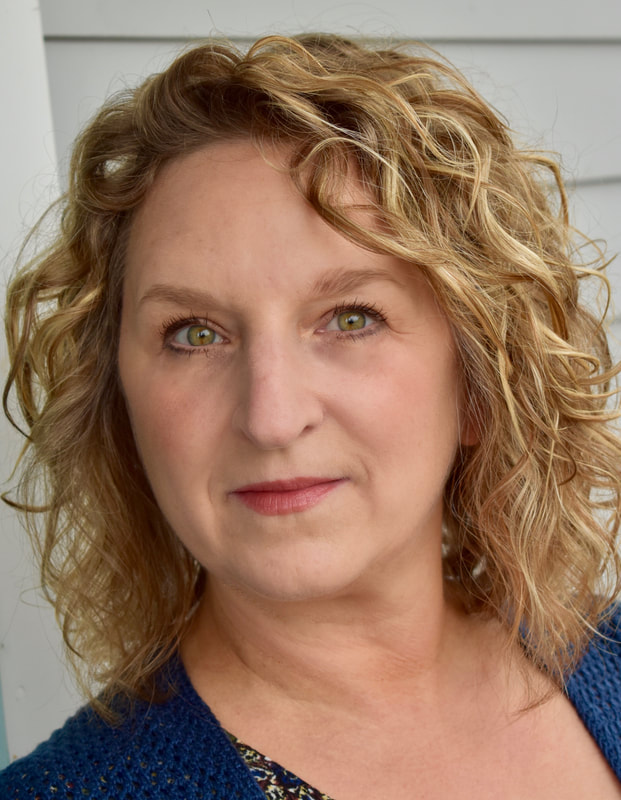1. Don't wait to sign up. Take advantage of the early bird rate on conference registration, group rates on hotel rooms, early airfare, etc. Over the course of a three-day event, a writer can easily drop $500-1000 (or more). Save a few bucks and plan ahead.
2. Buy a membership. If you aren't already a member of the organization sponsoring the event, consider buying a yearly membership. Not only will you get a member discount rate on your conference registration, being a member of a nationally respected writing organization, such as Society of Children's Book Writers and Illustrators, will look good on a query letter making it across an agent's desk. Additionally, such organizations can provide a wealth of smaller, less expensive (and sometimes free) networking, critiquing, and "honing your craft" opportunities throughout the rest of the year.
3. Have your work critiqued ... if you think it is ready. Most conferences provide a critique opportunity of some type, whether with other writers in a round-table critique session or one-on-one with an agent or editor. A critique can provide your polished work with that extra editorial eye prior to sending it out to agents and editors. Since most critiques require the writer to provide the first 5 - 10 pages of his or her work, the agent/editor critique is also a great chance to get that manuscript in front of a professional, when a query letter sent "cold" may not prompt a request for materials. I have had agents in a round table critique session pull me aside after and request my full manuscript. Didn't ultimately lead to a publishing deal, but it did get me one step closer and provided me with invaluable feedback.
4. DON'T have your work critiqued ... if it or YOU are not ready. Don't feel pressured to add a critique session to your conference experience if you are just getting started with your writing or feel a live critique, in which you must read your work aloud, would be stressful or a panic moment for you. The very first children's writing conference I attended was a disaster for me because I chose to attend a critique session in the earliest stages of my writing. The editor I was paired with felt I was wasting her time. It was a demoralizing experience. My work wasn't ready. I wasn't ready. And it could easily have been the last time I ever put words on the page. Instead, at the editor's suggestion, I immediately joined a monthly critique group, so I could regularly gain feedback to improve my work as a whole before attempting another session with a seasoned professional. I am a much better writer for having gone through the process, but critiques can be brutal. A thick skin and polished work is a must.
5. Take a buddy. Conferences are always less socially awkward if you have another writing friend along. This can also help reduce your costs of staying in a hotel and/or gas expenses.
6. Meet new people. Whether you end up sitting next to your favorite author at the lunch table or are impressed by an agent during the Q&A session, be sure to step outside your comfort zone and make a personal connection with those writers, agents, and editors you would like to get to know more. Even with hundreds of attendees, conferences are an intimate setting providing networking opportunities for writing professionals. Take advantage of having so many peers all in one place.
7. Take business cards. You don't have to spend a lot for one of the oldest tools in the trade. Business cards, preferably with a picture of your fabulous mug, can be purchased online for cheap (Some sites provide 250 for less than $25. I've usually used Vistaprint with decent results) and automatically make you look like you take yourself seriously as a writer. Throw them at anyone you meet, particularly other writers. I collect them like candy. It has led to coffee and a private critique with a writer just down the street, who happens to write what I write. If writers give you their business cards, be sure to send them a (not too creepy) follow up email after the conference, noting it was nice to meet them. Writers are some of the most helpful peers I've ever met. When we can help each other, we do. Making such connections can make the difference between getting published and not getting published.
8. DON'T accost an agent or editor in the bathroom. Shoving your 300-page manuscript under the bathroom stall door and giving an elevator pitch on the spot, although a great satirical cartoon in my mind, is frowned upon. Although agents and editors are attending conferences to find their next bestseller, respect their personal space. I had a friend do the bathroom sell once. She did eventually get a publishing deal, but only after she marketed her manuscripts the traditional way ... via email after querying and having an agent request her work.
Good luck and happy conferencing!
 RSS Feed
RSS Feed

